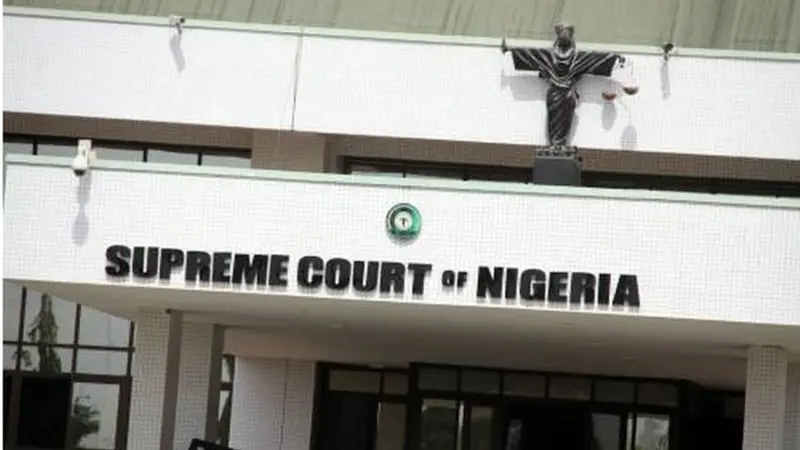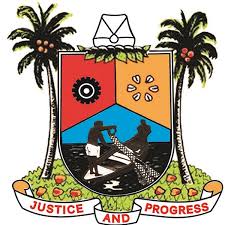Central Gaming Bill: Lagos accuses NASS of defying Supreme Court judgment

The Lagos State government has strongly criticised the proposed Central Gaming Bill currently before the Senate, warning that it violates a binding Supreme Court decision and threatens Nigeria’s federal structure.
Speaking to reporters on Wednesday at the Lagos State Government Secretariat in Alausa, the Attorney General and Commissioner for Justice, Mr. Lawal Pedro, SAN, described the Bill as unconstitutional and a voyage of unconstitutionality that could spark a constitutional crisis.
The controversial Bill, titled “A Bill for an Act to Repeal the National Lottery Act No. 7 of 2005 and the National Lottery (Amendment) Act No. 6 of 2017, and to Enact the Central Gaming Bill to Regulate the Operation and Business of All Forms of Online and Remote Gaming Across the Geographical Boundaries of the Federating Units and Beyond the Borders of Nigeria,” seeks to centralise the regulation of lotteries, betting, and gaming activities across the country.
However, Pedro reminded lawmakers that the Supreme Court had already settled this issue in Attorney General of Lagos State & 22 Ors v. Attorney General of the Federation & Ors (SC/1/2008).
In its October 13, 2024, ruling, the apex court declared that lotteries, betting, and gaming are residual matters falling exclusively under the legislative jurisdiction of states, except in the Federal Capital Territory.
“The Supreme Court was unequivocal. Lotteries and games of chance are not matters for federal legislation. Any attempt by the National Assembly to regulate them nationwide is unconstitutional,” Pedro said.
He stressed that the court also nullified the National Lottery Act of 2005, deeming it ultra vires (beyond the powers) of the National Assembly.
“Reintroducing a similar law under a new name, like the Central Gaming Bill, is simply legislating in defiance of a binding Supreme Court decision,” he warned.
Pedro argued that the nature of gaming whether physical or online does not change its legal status. “Does ‘online’ mean ‘federal’? Whether a ticket is bought in a shop or via a mobile app, it remains a game of chance within a state’s jurisdiction,” he said.
He cautioned that if the Senate concurs with the Bill, it would not only overstep constitutional boundaries but also provoke another round of litigation, despite the matter having been conclusively decided by the highest court in the land.
“Such a move would undermine the rule of law and pose a serious threat to Nigeria’s federal structure. It would also amount to contempt of court,” he added.
Pedro urged the Senate to reject the Bill in the interest of constitutionalism, federalism, and national unity.
“This is not just a Lagos issue. It is about defending the Constitution, the authority of the Supreme Court, and the integrity of our democracy,” he stated.
He reaffirmed Lagos State’s commitment along with the 22 other states that were co-plaintiffs in the original suit to uphold the rule of law and resist any federal encroachment on powers reserved for the states.
“The strength of our democracy lies not in the power of any institution, but in the supremacy of the Constitution and the rule of law,” Pedro concluded.






